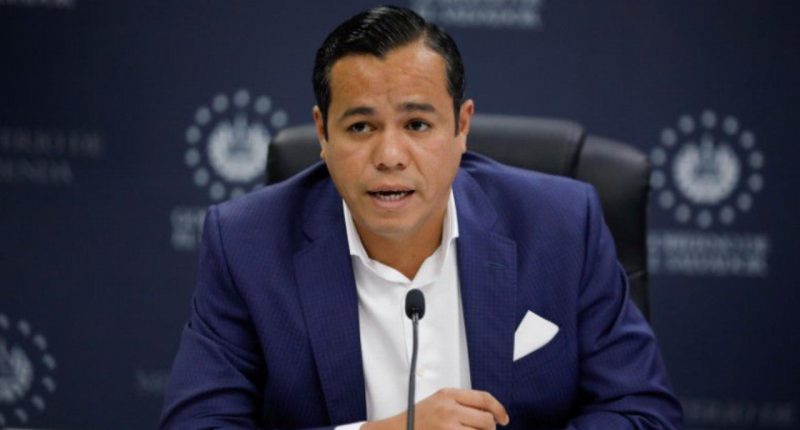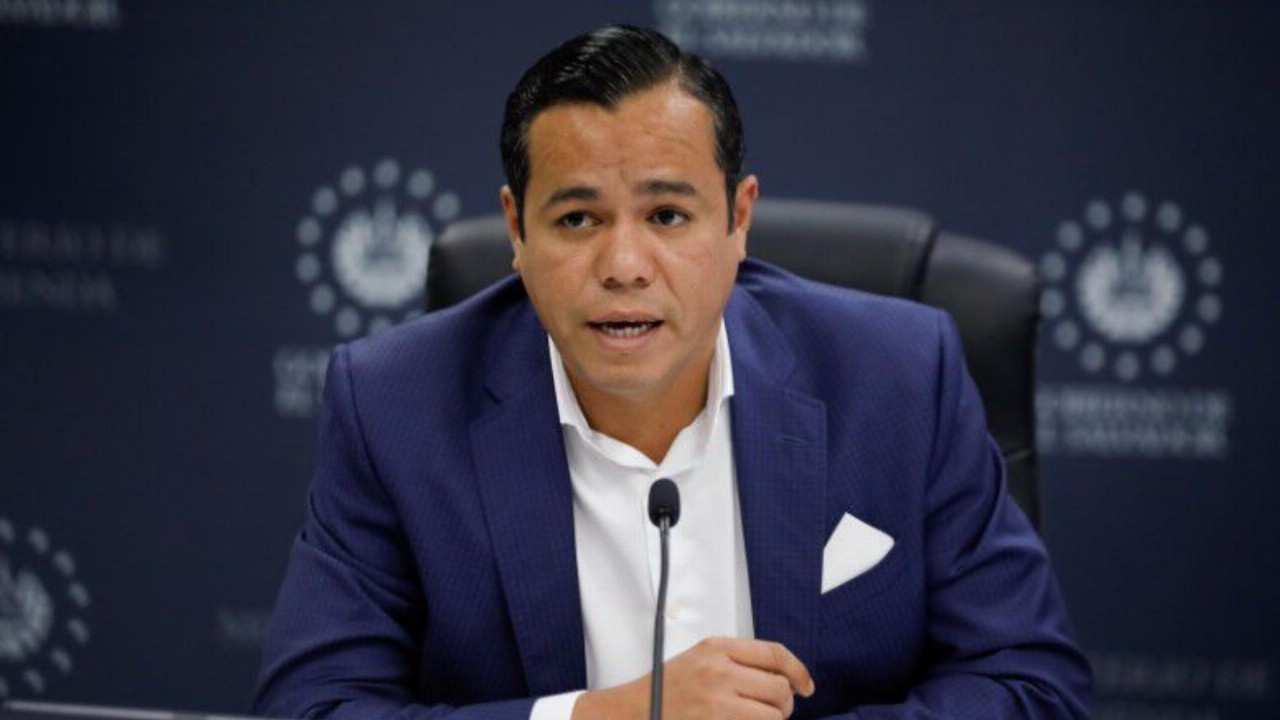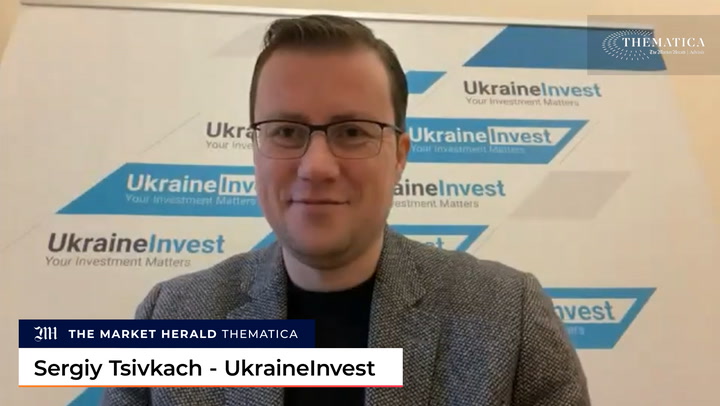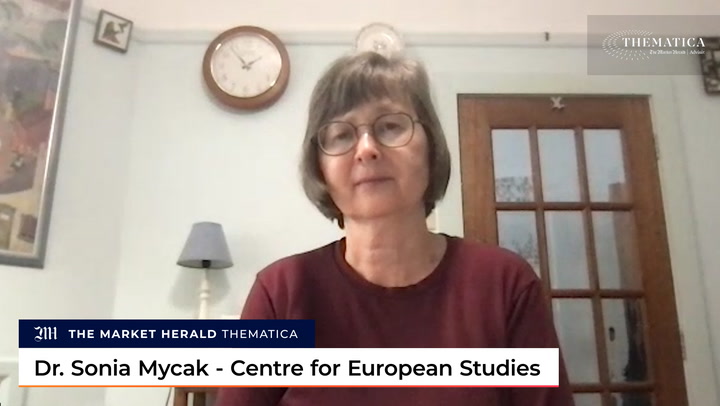- The World Bank rejects El Salvador request for help on bitcoin implementation
- The Bank cites environmental and transparency drawbacks
- El Salvador became the first country in the world to recognise bitcoin as legal tender last week after Congress accepted President Nayib Bukele’s proposal
- The country says negotiations with the International Monetary Fund have been successful, though the fund says it saw issues with the adoption of bitcoin
The World Bank has said that it would not assist El Salvador in implementing bitcoin due to environmental and transparency concerns.
“We are committed to helping El Salvador in numerous ways including for currency transparency and regulatory processes,” a World Bank spokesperson told Reuters.
“While the government did approach us for assistance on bitcoin, this is not something the World Bank can support given the environmental and transparency shortcomings.”
El Salvador became the first country in the world to recognise bitcoin as legal tender last week after Congress accepted President Nayib Bukele’s proposal.
Salvadoran Finance Minister Alejandro Zelaya stated earlier on Wednesday that the government had sought technical support from the Bank in order to utilise bitcoin as a parallel legal tender to the US dollar.
The minister also stated that current discussions with the International Monetary Fund (IMF) have been fruitful, despite the fact that the fund stated last week that the country’s adoption of bitcoin had “macroeconomic, financial, and legal issues”.
On Wednesday, Mr Zelaya stated that the IMF was “not against” the introduction of bitcoin.
Investors have recently requested higher premiums for holding Salvadoran debt, citing rising fears about the IMF deal’s fulfilment, which is critical to closing budget shortfalls through 2023.
“There is no fast track for a solution on an IMF program and even uncertainty on whether the bitcoin proposal is compatible with diplomatic U.S. (or) multilateral relations,” said Siobhan Morden, head of Latin America fixed income strategy at Amherst Pierpont Securities in New York.
President Bukele also withdrew out of an anti-corruption accord with the Organization of American States last month, alarming the US administration, which is trying to combat corruption in Central America as part of its immigration policy.
“The recognition of a ‘Bukele’ risk premium has probably done some permanent damage to investor sentiment,” Ms Morden said on her client note.
However, the market may be focusing too much on the news headlines and not enough on the possibility of a deal with the IMF, according to Shamaila Khan, head of EM debt strategies at AllianceBernstein in New York.
“It is important for El Salvador to get the IMF program done. If it was lost on them, they wouldn’t have the conversations,” she said.
“Our view is too much risk is priced in at these levels.”








